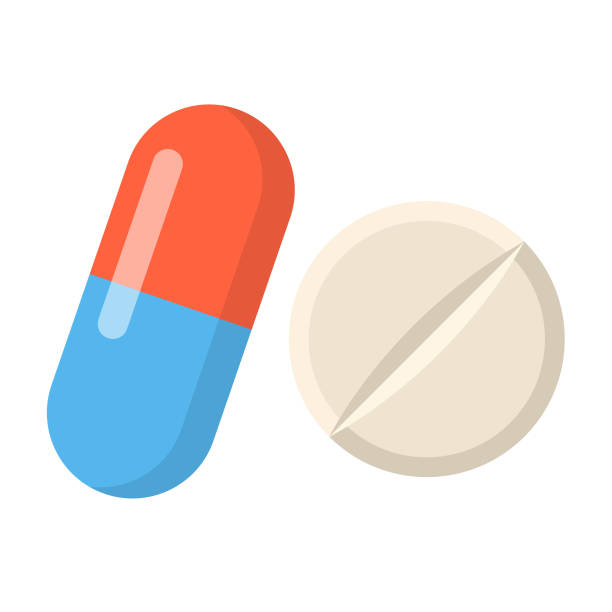Indications
Mebhydrolin Napadisylate is indicated in-
- Allergic disease or symptoms such as urticaria
- Pruritus of various origin
- Eczema
- Itching
- Drug rash
- Insect bites
- Allergic conjunctivitis
- Dermatitis of nutritional origin
- Hay fever,
- Vasomotor rhinitis
- Allergic asthma.
Pharmacology
Mebhydrolin diminishes or abolishes the main actions of histamine in the body by blocking of histamine receptors.
Dosage And Administration
Adults and children over 10 years: 2-6 tablets daily
Children-
- 5-10 years: 2-4 tablets daily
- 2-5 years: 1-3 tablets daily
- Up to 2 years: 1-2 tablets daily
Treatment should be given in several single doses daily. Mebhydrolin may be swallowed during or shortly after meals. For children, the tablet may be crushed and mixed with food.
Interaction
The effects of atropine and tricyclic anti-depressants may be enhanced by Mebhydrolin. It may mask the warning symptoms of damage caused by ototoxic drugs.
Contraindications
- Hypersensitivity to any of the ingredients of Mebhydrolin tablet or to mebhydrolin
- Prostatic hypertrophy, narrow-angle glaucoma.
- First trimester of pregnancy.
Side Effects
Lassitude, dizziness, hypotension, muscular weakness, nausea, vomiting, diarrhoea or constipation, epigastric pain, headache, blurred vision, tinnitus, depression, nightmares, anorexia, dryness of the mouth, tightness of the chest, tingling, sedation, drowsiness etc. may occur.
Pregnancy And Lactation
Safety in pregnancy and lactation has not been established.
Precautions And Warnings
The substance may cause drowsiness, if affected, driving or operating machinery & alcoholic drinks should be avoided.
Therapeutic Class
Sedating Anti-histamine
Use in special populations
Safety in pregnancy and lactation has not been established.
Storage Conditions
Keep below 30°C temperature, away from light & moisture. Keep out of the reach of children.
